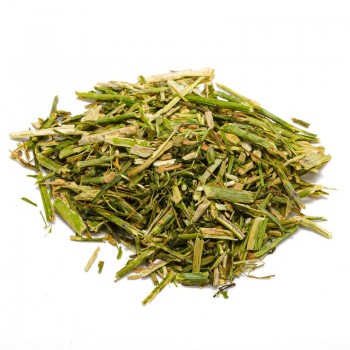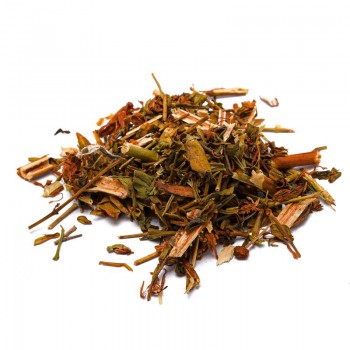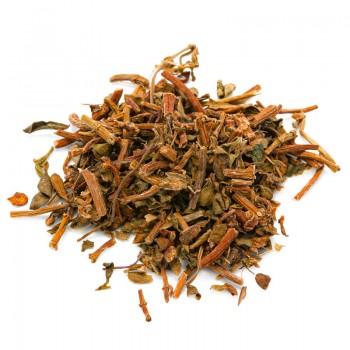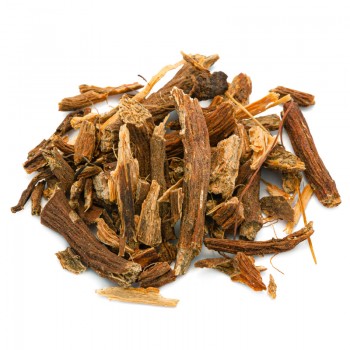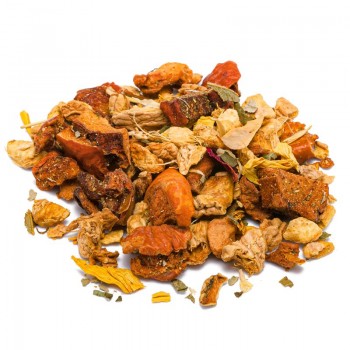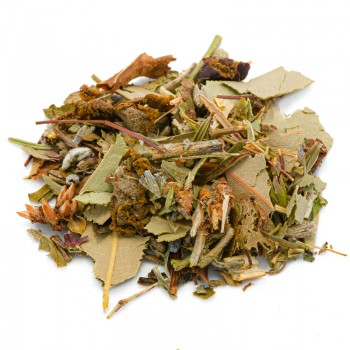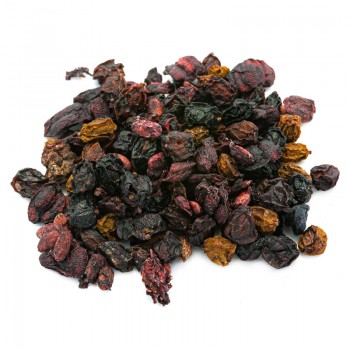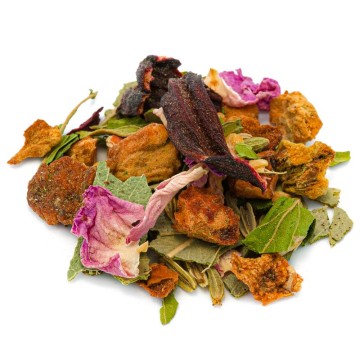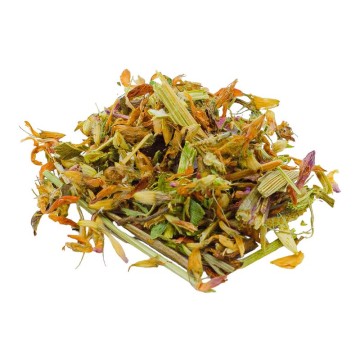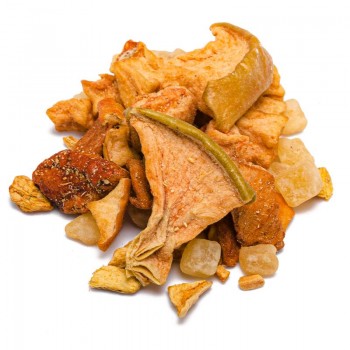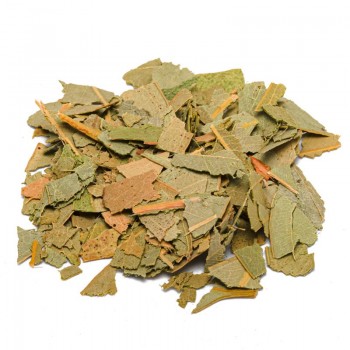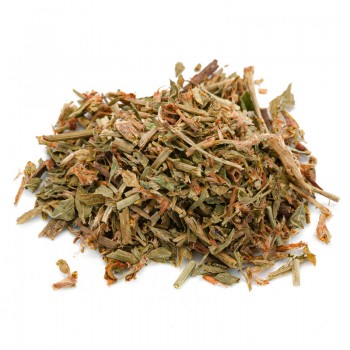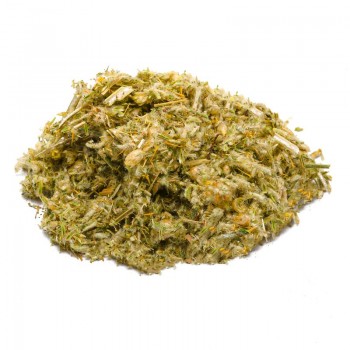This plant has historically been defined as singers' herb, due to its beneficial properties on the respiratory system and voice problems such as hoarseness and aphonia.
Its expectorant and healthy characteristics on the throat, bronchi and larynx are among the main benefits that this plant can bring to our body.
Erisimo: properties and benefits
For centuries this plant has been attributed various health properties, ranging from astringent and antispasmodic properties for digestion, to characteristics capable of providing an emollient herbal tea for the throat and aerial.
The plant has been used above all as a natural anti-inflammatory for the respiratory tract; used to address the symptoms of sore throats, bronchial affections, colds, pharyngitis and laryngitis. Counteracts the deterioration of the voice (aphonia) caused by inflammation of the vocal cords, laryngitis, and bronchitis.
Erysim in the herbalist tradition is an excellent remedy to soothe irritations that also involve cough, congestion, excessive mucus secretion.
Some studies in modern times have investigated its antioxidant and muscle relaxant abilities - able to relax the muscles and facilitate well-being in case of inflammation of the oral cavity.
This feature can relieve sore throats for smokers and tobacco irritations.
It also promotes the well-being of the airways and throat, for those exposed to the cold in the cold season.
The anti-inflammatory action is most likely due to the presence of sulfur compounds, glucosinolates , also contained in other cruciferous (or brassicaceous) plants, but not still highly investigated. The compounds create a reaction when they come into contact with the mucous membranes of the mouth and pharynx, which increases blood flow to the larynx and bronchi, allowing for easier expulsion of the irritating mucus.
To soothe the irritations of the oral cavity, it may be useful to prepare an herbal tea with which to rinse and gargle several times a day.
In addition to the benefits for the airways, the high percentages of calcium contained in the plant help the well-being of the bones. Also in this context, the magnesium content is also valid, which favors the absorption of calcium in the body.
In addition, it can be useful for relieving muscle tension, counteracting cramps and the feeling of fatigue.
Origins and History of cultivation
Sisymbrium officinale or erisimo, is a plant native to Europe, in particular to the Mediterranean areas.
His name is of Greek origin, and derives from the terms eruo (io) and oimos (song), to remember his therapeutic capacity on the singer's shrill voice.
Today the plant has a worldwide diffusion, present spontaneously in almost all European countries, North Africa and South-East Asia. Erisimo has been introduced in recent centuries in South and North America, Australia and South Africa.
It has been known since ancient times: Pliny the Elder (1st century AD) claimed that the herb was extremely good against coughs and as an excellent remedy for sore throats. It had been recommended by Dioscorides (1st century AD) together with honey as an antidote in case of poisoning.
In folk medicine it was known to treat ailments such as the common cold, gallbladder ailments, pleurisy, sciatica and ulcers. Also as a diuretic. The fresh herb was used externally as a remedy for gout and rheumatic ailments.
It was only in the Renaissance, however, that erysism was studied and appreciated more widely. As a plant useful for actors, singers, orators, it was used to restore the voice in case of hoarseness or aphonia.
This plant is widely grown for edible seeds and leaves. In fact, from a culinary point of view, in Northern Europe it is cultivated as an aromatic herb. The edible leaves are appreciated for their bitter and pungent taste.
Erisimo can be used both fresh and dry .
Plant and flowers
The erysme plant is Sisymbrium officinale, belonging to the Br familyAssicuraceae / Cruciferae.
It is an annual plant that grows spontaneously in uncultivated places, roadsides, walls of ruins.
How altitude goes from sea level to sub-mountainous regions.
Features light green to deep green stems, and produces a capsule like fruit.
The flowers of erisimo, with yellow petals, are found in one inflorescence, which carries from 30 to 60 flowers each. It blooms from May to September.
The whole plant or only the flowering tops are used in herbal medicine. The parts are harvested in the summer and can also be ground into powder to maintain their properties.
Nutritional values of Erisimo
This plant contains several beneficial nutrients including Vitamin C, B vitamins such as B3, B5 and B6 . In addition to minerals such as calcium, magnesium, manganese, potassium .
Among the other substances useful for well-being in the herbal tea of erisimo, there are tryptophan, threonine, folate, leucine, and glucosinolates.
How to use the Erisimo Powder - Herb of the singers in the herbal tea
The infusion of erisimo is obtained by inserting approximately 3-5 grams of powder with water at 100 ° C into a cup (250 ml).
Leave to infuse for 5 to 8 minutes, before drinking the anti-inflammatory herbal tea.
Add honey or sugar if desired.
Erisimo Polvere - Weed for singers: side effects and contraindications
It is important to keep the recommended doses, to avoid possible side effects for those who have allergic reactions to plants of the Brassicaceae family.
Furthermore, the use of erysme is not recommended for those suffering from thyroid problems.

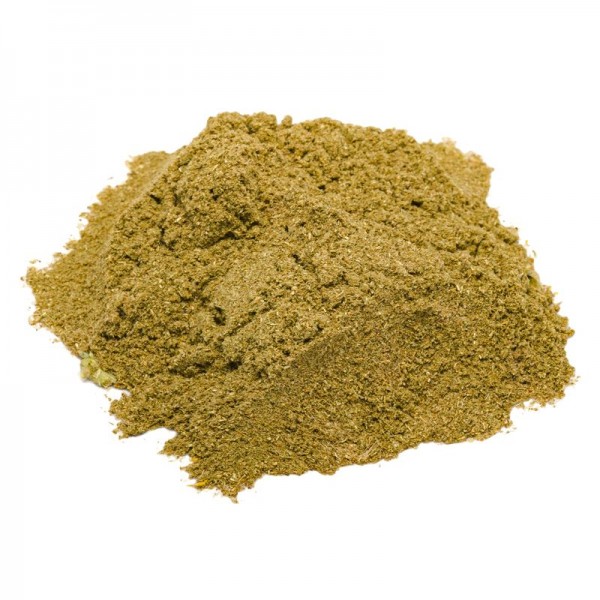









 No reward points for this product.
No reward points for this product.
